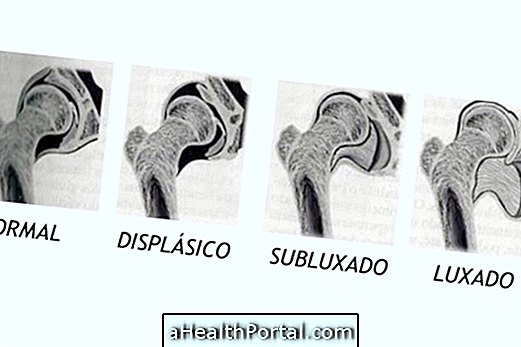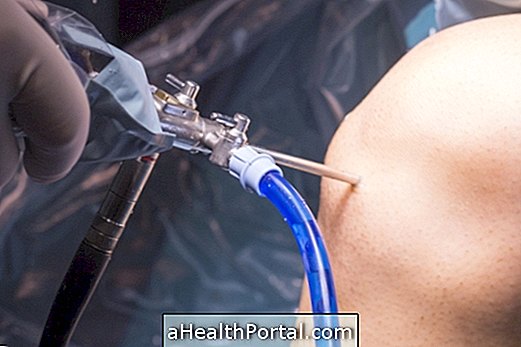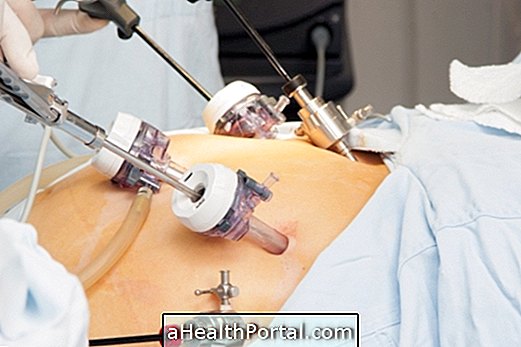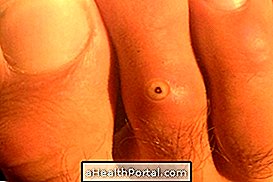Fibular hemimelia is a rare congenital defect in which part of the fibula or the entire bone is absent, making the leg shorter than normal. In addition, in almost all cases, knee and foot deformities also appear, which may prevent the child from walking.
Although it is even rarer the fibular hemimelia can be bilateral and affect both legs and in these cases the child may not even be able to start walking.
The treatment for this defect is usually done with surgery, to correct the deformity and try to lengthen the affected leg, improving the quality of life of the child.

How to identify fibular hemimelia
Fibular hemimelia is usually easy to identify, especially since the affected leg is much smaller than the other. This is because in the affected leg all bones, including the tibia and femur, grow very slowly, even if the problem is in the fibula.
In addition, there may also be deformities in the feet and ankles, as bones may be absent in the joint, which makes the ankle more unstable and causes the foot to lie at a different angle from the normal, facing the inside of the body, for example .
However, to confirm the diagnosis it is always important to go to the pediatrician, since in some cases the child may not present such clear signs of the problem, but have difficulty walking or maintaining balance when standing.
How is the treatment done?
In many cases of fibular hemimelia, the first recommended treatment is reconstructive surgery to correct deformities and try to reduce the difference in size between the legs.
However, when the difference is too great and it is not possible to completely correct the size of the affected leg, special shoes with high heel or orthopedic insoles are also advised, which help reduce the gap that is missing. This type of treatment may also be the first treatment option when hemimelia is mild, for example.
In addition, physiotherapy sessions are almost always used to ensure mobility and strengthening of the leg joints, improving strength and balance while walking.























